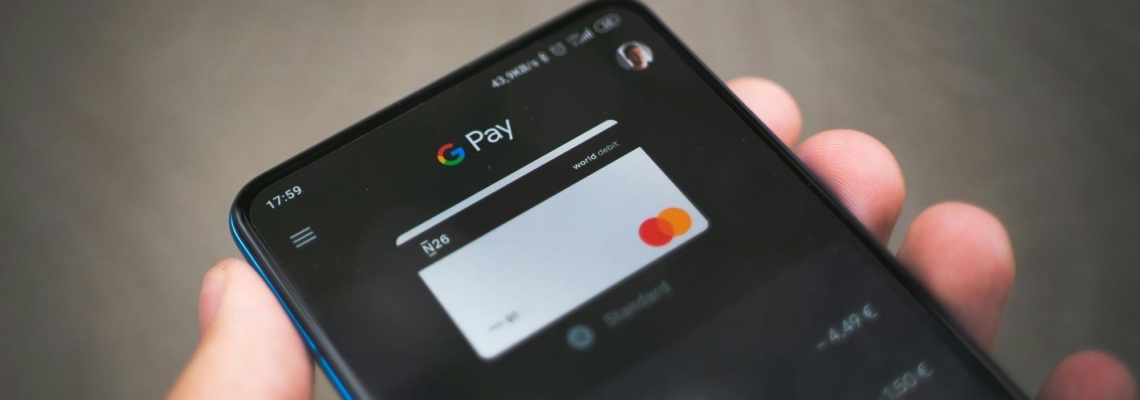
Google Pay is one of the leading payment services scammers use to perform cybercrimes. Google Pay scams typically occur in different formats, which many people are starting to get familiar with. However, scammers are always a step ahead, constantly refreshing their scamming tactics to exploit unsuspecting victims.
In this article, we explore the most recent Google Pay scams, ways to evade scammers’ tactics, and a solution for more secure savings.
The Latest Google Pay Scams To Look Out For
When committing fraud, scammers choose platforms like Google Pay because of the ease of use and near-anonymity they afford. They can quickly conclude transactions on these platforms and withdraw the funds before the victim realizes it.
Take a look at two popular Google Pay scams making the rounds:
- Overpayment from an acquaintance scam
- Money received scam
Overpayment From an Acquaintance Scam
In January 2024, Tamanna Jaisinghani alerted X users about her close call with a scammer. Pretending to know her dad, someone offered to transfer some money to him through her Google Pay account. After the scammer claimed to have made the transfer, Tamanna received a fake alert indicating she was overpaid.
Sure enough, the scammer contacted her, asking that she urgently refund the excess. Thankfully, Tamanna recognized that the transfer alerts were fake and that she was dealing with a scammer.
At the core of this scam are two popular scamming tropes:
- Refund scam—The trickster requested a refund of the excess money they claimed to have transferred by putting pressure on the victim and “rushing” her to act
- Phishing scam—The fraudster pretended to be an acquaintance by interacting with her using terms of endearment. He also had some background information about her family, likely obtained through stalking
According to the replies to Tamanna’s post from other X users, many have fallen prey to this sophisticated scheme.

Money Received Scam
In this Google Pay app scam, a crook deliberately transfers money to your Google Pay account through a stolen payment method, such as a credit card, and then requests that you send back the sum.
If you do, they could scam you in two ways:
- Hack your account: The scammer may convince you to download a malicious app like AnyDesk as part of the refund process, and from there, breach your device and access your financial accounts
- Chargeback the money transferred: They could get you to transfer the money they sent and still initiate a chargeback on the stolen credit card, leaving you with a double loss
On Google’s support page, the company warns users to contact their team in a situation like this and never send the money back.
Helpful Tips To Make Your Google Payments Safer
Make your Google Pay experience safer by following these best practices when using the platform:
- Never share your UPI PIN or one-time password, whether via a website link or with someone claiming to be a customer support representative
- Don’t download any app you’re unsure of, especially if a representative recommends it. Google will never request users to download any app for processing payments
- Contact Google Pay support directly for help with the payment solution. Never click links or call any numbers provided for account assistance via sketchy emails
- Never feel pressured to act before analyzing the issue. If anybody tries to pressure you into making a rushed decision, such as to make a refund or send them your financial information, it’s an indicator of a potential scam
- Avoid storing large sums of money, such as your savings, in a vulnerable account like your Google Pay wallet or regular bank account. These storage accounts are prone to fraud risks, unlike a high-security online savings account like FortKnox




